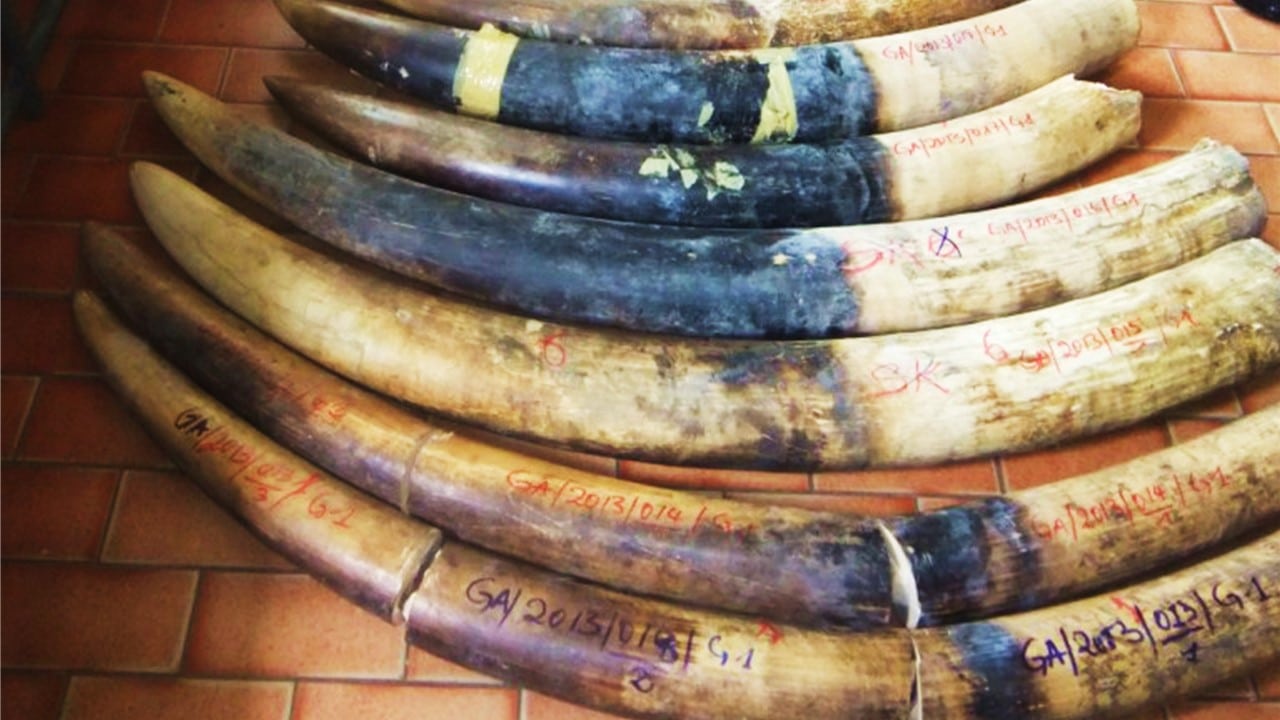- Anti-poaching
- Bénéficiaire WCP - Wara Conservation Project
- Montant du projet € 77 358
- Subventions FFEM € 30 000
-
État du projet achevé
Illegal wildlife trade ranks 4th in illegal trafficking in the world with profits estimated at $ 19 billion per year. The fight against this trafficking is an issue of protection of the environment and the cultural heritage of many countries, but also of security, stability and economy.
Guinea has been identified as a hub for international wildlife trafficking. Many species and / or their trophies (elephants, chimpanzees, lions, leopards, birds, crocodiles, manatees, sharks, etc.) from the country or outside its borders are exported illegally. The country is particularly known for the professional and organized trafficking of live great apes: indeed, in March 2012, INTERPOL revealed that at least 130 chimpanzees had been exported from Guinea in the past three years, mainly to China.
In September 2011, in view of the worrying situation in Guinea, the CITES Secretariat warned the country and highlighted the problems of corruption, complicity and incompetence in the management of wildlife trafficking. Despite these warnings, Guinea continued to issue permits authorizing trade in many species.
Therefore, at CoP16 in Bangkok, in March 2013, CITES member states decided to sanction the country by suspending trade in all species of wildlife covered by the Convention. In order to respond to this problem, a project entitled “Guinea – Application of the Faunic Law (GALF)” was created by WARA Conservation Project (WCP) thanks to the transfer of experience from the NGO LAGA (LAst Great Ape) which initiated the Cameroon Wildlife Law Enforcement Project in 2003.
The GALF project, implemented throughout Guinea, works in close collaboration with the government in order to strengthen the application of wildlife law in the country and to deter potential poachers and traffickers, in particular those interested in trade in chimpanzees, elephants, felines and parrots.
